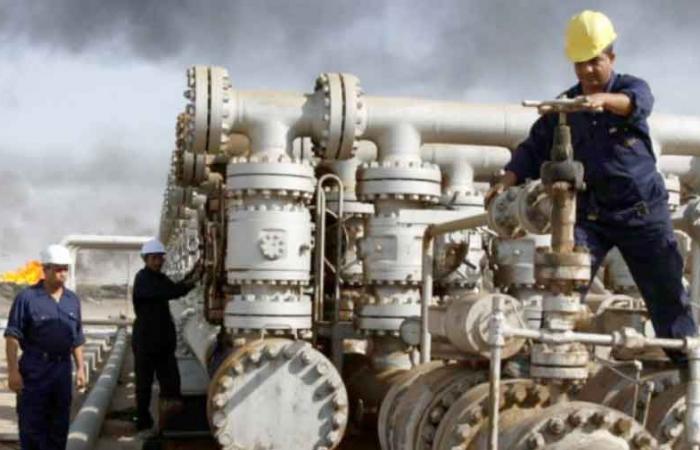Oil prices took off sharply yesterday, reaching their highest level in three weeks. The price of a barrel of Brent rose to $77.89 at the opening of the session before settling at $77.32. The American barrel benchmark reached $74.61, its highest since mid-October 2024.
Growing concerns about supply disruptions and increased winter demand are behind the upward curve in oil prices, which will experience their third weekly increase after reaching their lowest levels at the beginning of last December. in three years. The surge in prices also reacts to prospects of a positive recovery in the Chinese economy due to the stimulus measures initiated motivating stronger demand for raw materials.
Furthermore, the federation of oil sector professionals, the American Petroleum Institute API, revealed Tuesday evening that American crude stocks fell by 4.02 million barrels last week. If these data were to be confirmed, it would augur a greater increase in energy demand in the context of a harsh winter in the United States, Europe and Asia.
Sanctions before Trump’s inauguration
The other factor having boosted this upward trend in prices is the announcement of the attack by the Ukrainian army against an oil site in Russia, located 500 kilometers from the border and whose purpose is to supply military aviation. Russian. A hard blow for the Russian oil sector which is also threatened by a tightening of Western sanctions.
Growing fears about a reduction in the supply of Russian and Iranian oil continue to weigh on the oil market. The Biden administration plans to apply new sanctions on Russian oil exports before Donald Trump’s inauguration on January 20. These sanctions target tankers transporting Russian crude whose price exceeds the ceiling of 60 dollars per barrel imposed by the West.
According to Bloomberg data, Russian crude production in December fell below the OPEC+ target. The Russian Federation produced 8.971 million barrels per day last December, 7,000 barrels per day less than its agreed quota. The new tenant of the White House promises, for his part, to strengthen restrictions on Iranian exports upon his inauguration. The market fears a supply disruption of up to one million barrels per day, or 1% of global supply.
On the other hand, the OPEC+ alliance made the decision last December to postpone its plan to end joint production cuts due to a slowdown in global demand and an increase in American production. last month. OPEC+ has agreed to delay the increase in its oil supply by three months and the full resumption of its members’ production by one year.






